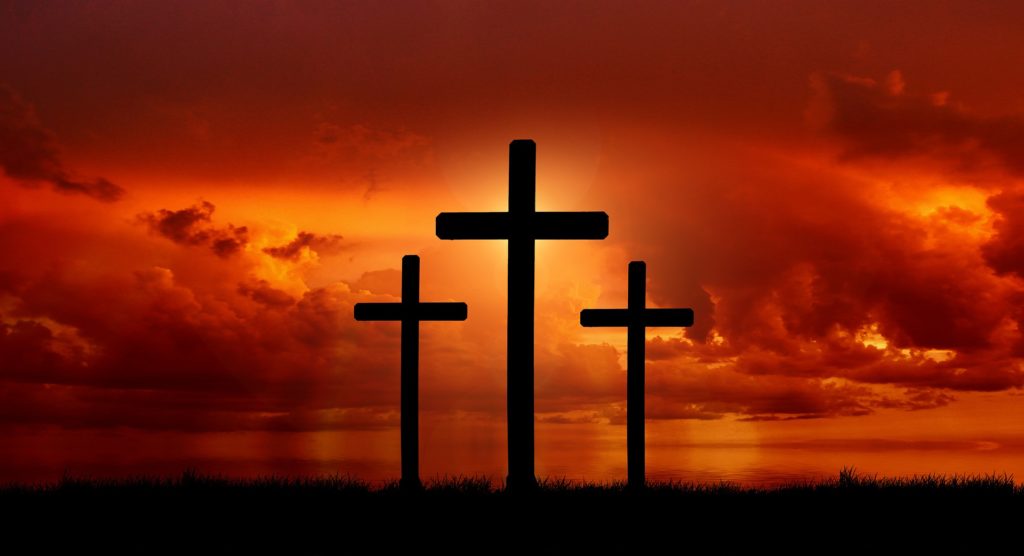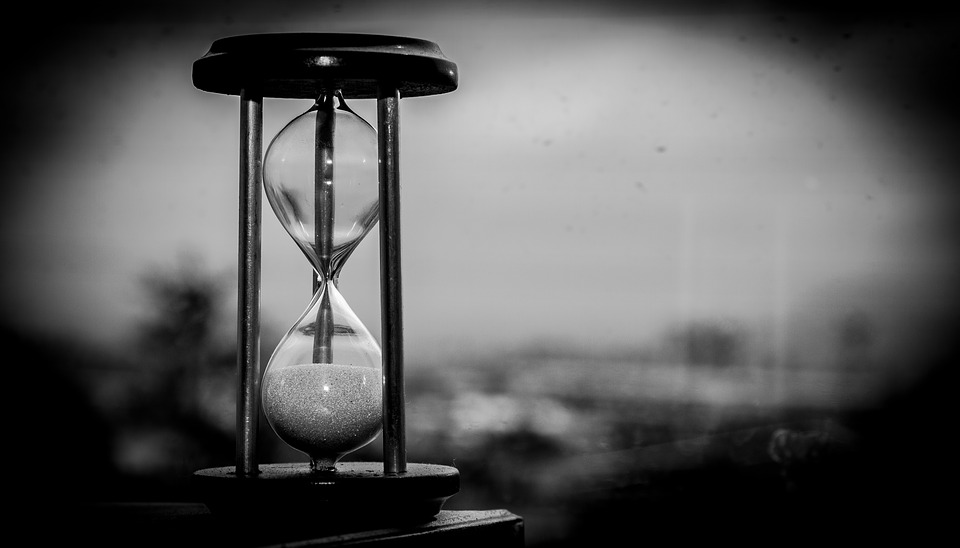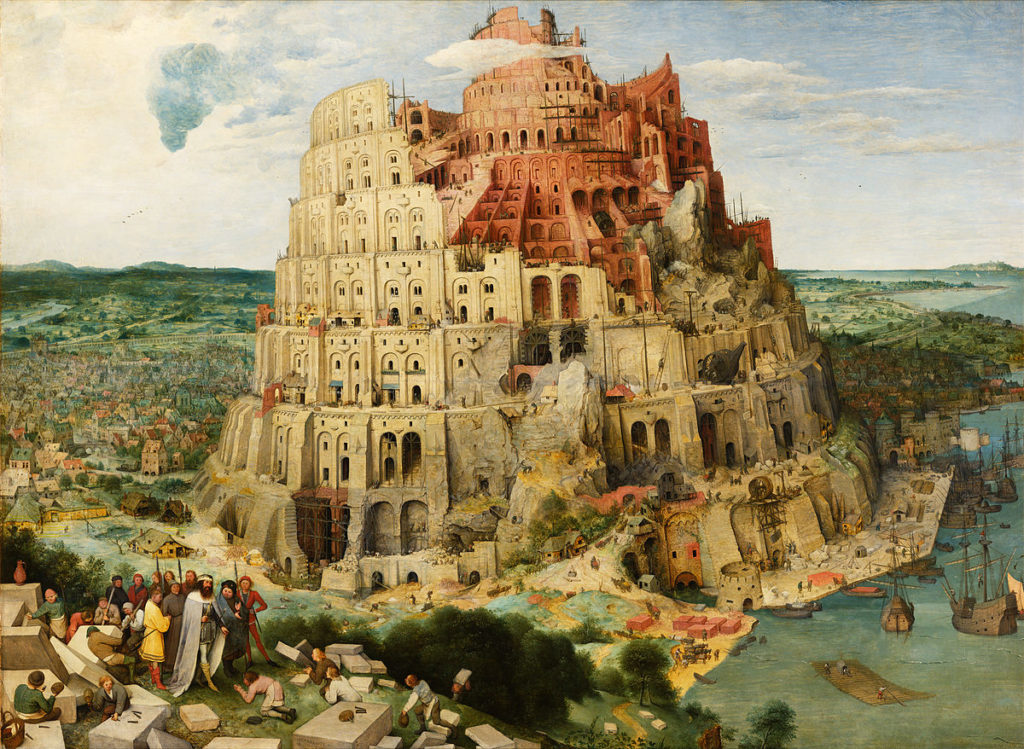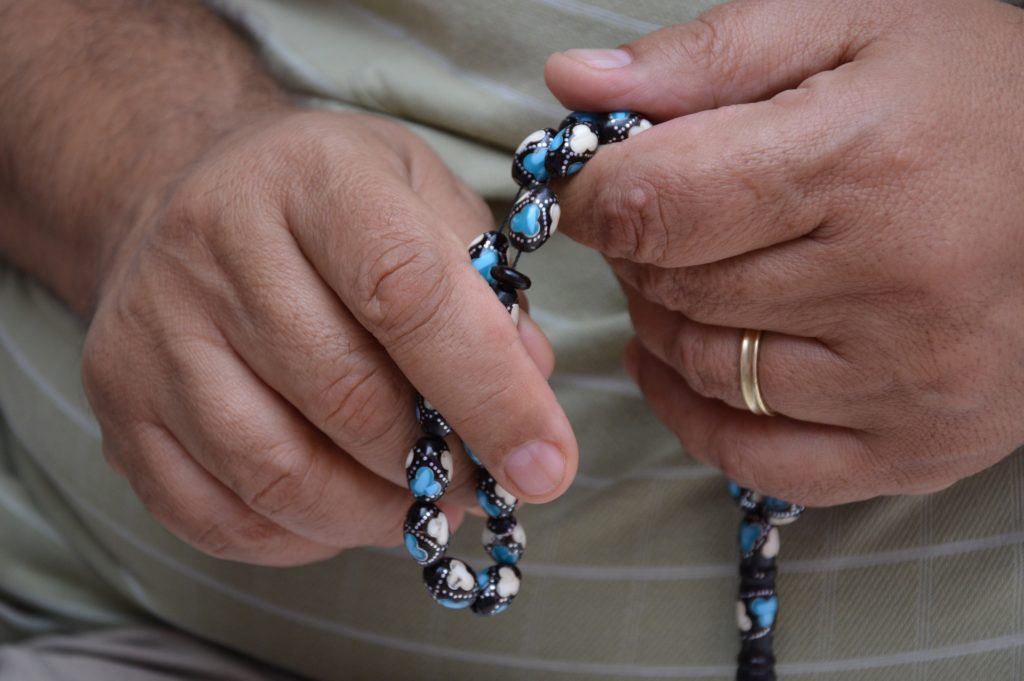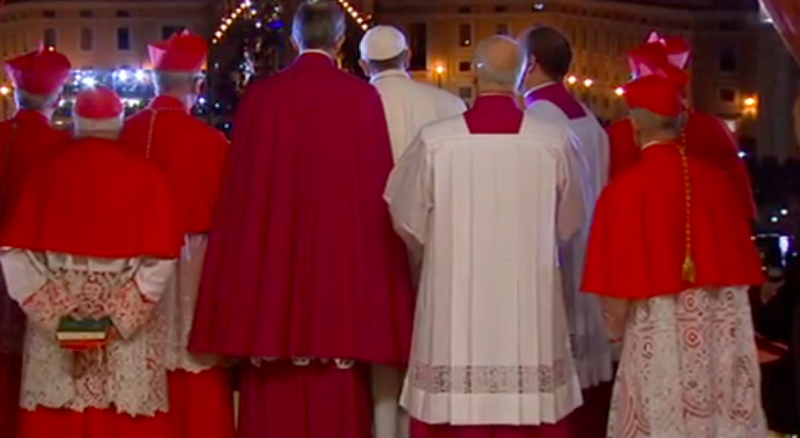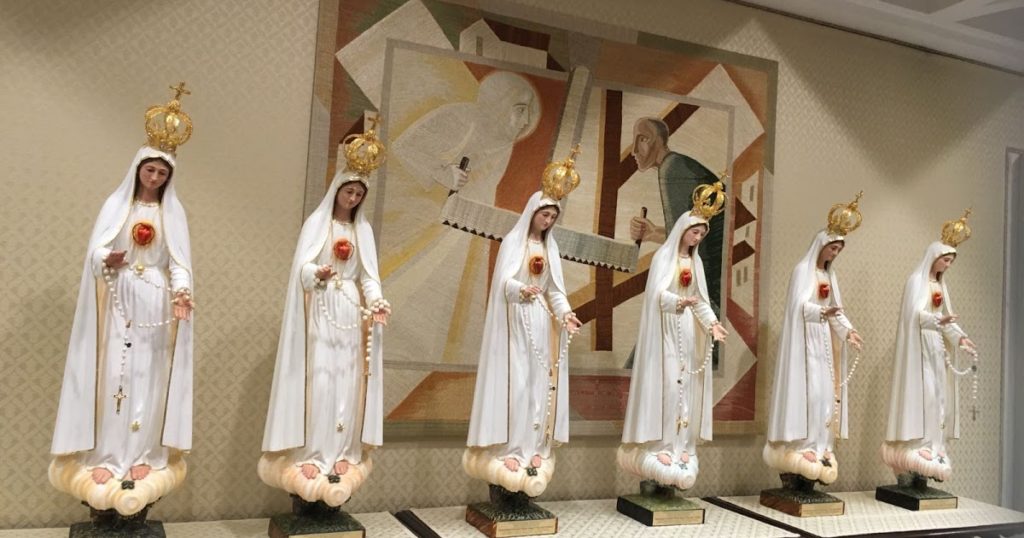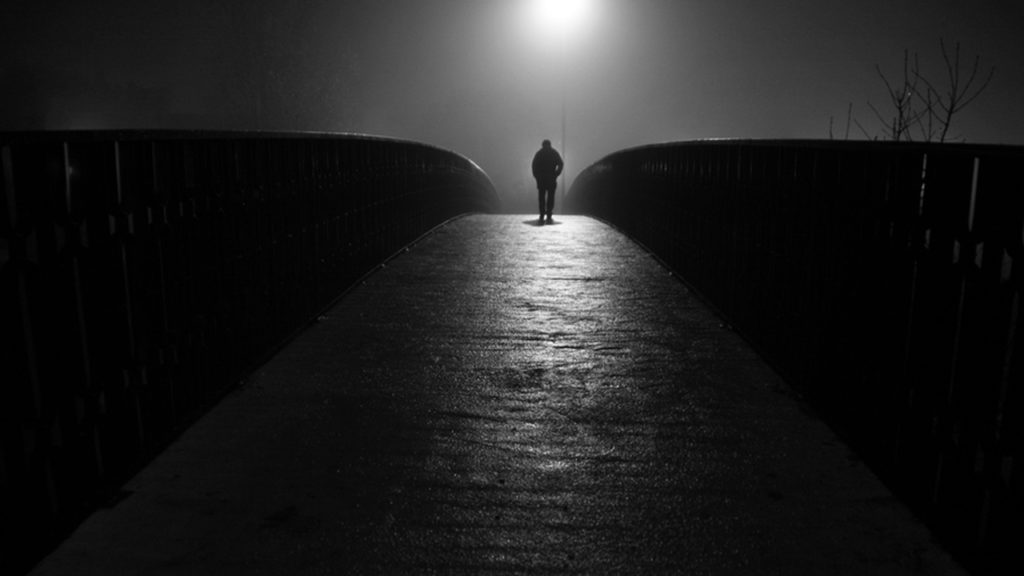Rosary Meditations with Mary’s Magnificat
A Marion prayer that I often overlook in my daily prayer routine is Mary’s Magnificat. It contains Mary’s words when she visited her cousin Elizabeth in the Visitation which we meditate on in the Second Joyful Mystery of the Rosary. The text is as follows. My soul proclaims the greatness of the Lord, my spirit […]
Rosary Meditations with Mary’s Magnificat Read More »


